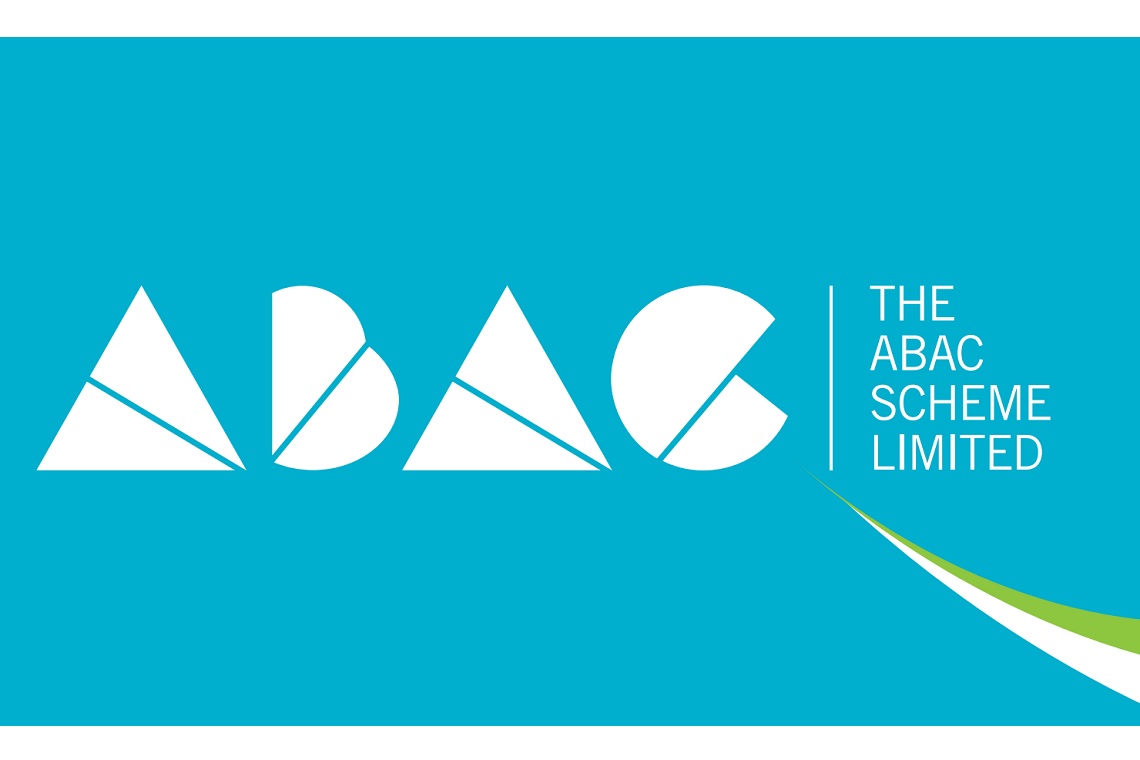The Alcohol Beverages Advertising Code saw record levels of determinations and pre-vetting requests in 2020, with digital marketing once again being the largest source of complaints.
In spite of the significant increase in determinations, ABAC Chair Harry Jenkins AO, acknowledged the hard work of Chief Adjudicator the Honourable Professor Lavarch AO, and his team that all were considered within 30 days.
“2020 has set a new record for determination levels, with 208 complaints and 113 determinations, one of which is pending decision,” Jenkins said.
He added: “This is a large increase in determinations, significantly more than the 68 determinations the Panel made last year and it is a credit to the Chief Adjudicator, the Hon Professor Lavarch AO and everyone that supports and participates in the process, that all were considered within the target 30 business day timeframe.”
In recent years digital marketing has become the largest source of complaints against alcohol advertising and companies and brands increase their advertising output on social media in particular. Jenkins reminded advertisers to make sure they use the ABAC tools available to them to make sure they meet their responsibility and compliance obligations.
“During 2020, digital marketing was again the largest source of complaints considered by the Panel, by a significant margin,” Jenkins said.
“ABAC regulates all social media activity generated by or within the reasonable control of alcohol marketers, including user generated content. It is important that agencies and staff developing social campaigns for alcohol marketers understand and work within the ABAC standards.
“The ABAC Guidance Notes and Best Practice Digital Alcohol Marketing Guide are essential tools in ensuring responsibility and compliance.”
In response to high complaint levels, ABAC undertook a variety of training initiatives late in 2020. In particular, industry tailored training to the craft beer and spirits industries and ABAC’s annual free Industry Webinar which had record levels of participation.
The ABAC website also includes a variety of resources to help alcohol marketers understand what they can and can’t do when marketing alcohol (Guidance Notes/Alcohol Packaging Compliance Guide/Best Practice Guide for Digital Alcohol Marketing).
Jenkins added: “ABAC’s pre-vetting service complements ABAC’s training initiatives and resources. A new record level of pre-vetting requests were received in 2020, (2424 pre-vetting requests) up 11 per cent on last year. We were pleased to see the upward trend continue despite the practical and financial impact of the COVID-19 pandemic on the alcohol industry.
“Pre-vetting is the easiest and most efficient way for marketers to ensure their promotions and packaging are responsible before hitting the marketplace. Pre-vetting may be undertaken by both signatories and non-signatories and we encourage all alcohol producers, distributors and retailers to utilise this valuable service.”
In the fourth quarter of 2020, ABAC received 64 complaints, resulting in 24 determinations. Those 24 determinations saw six complaints upheld, each of which related to marketing which had not been pre-vetted, three were no-fault breaches and 15 complaints were dismissed.

